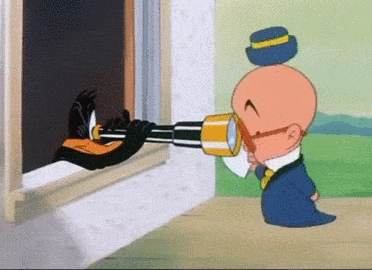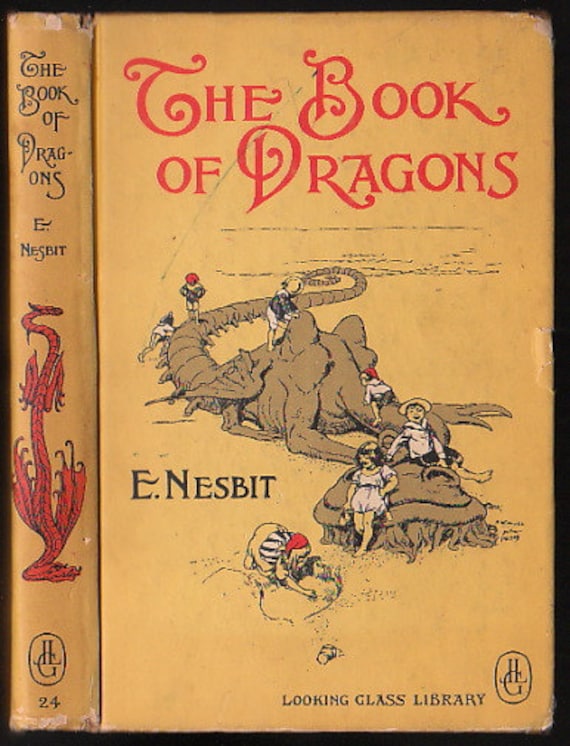A normal person looking at my browser history or the titles on my library card would probably conclude that I am either a serial killer or a member of some paramilitary demon worship cult. All I can say is:

Everyone knows the old adage about writing, most frequently quoted by non-writers: "Write what you know." This is both technically true and completely idiotic. Yeah, you need to know what you're talking about if you expect people to take you seriously. But why limit yourself to writing about what you already know? Get out there and learn whatever you need to know to tell the story you want to tell, and I don't just mean Google it. Google is a wonderful invention, but I've found that the best writing resource of all is real, live people. I know, I know. The mere mention of those creatures makes most writers go:

But I promise this isn't as scary as it sounds. I'm not telling you to go talk to strangers. Think about the people you already talk to on a regular basis. Your friends, your family, your colleagues. They've all had different life experiences than you. Ask them to tell you stories.
My maternal grandmother's long and colorful life has inspired many of my best stories. She fought in the French underground during World War II and later immigrated to Palestine where she fought in the Israeli War of Independence. Some grandmothers pass on their recipes for chicken soup or chocolate chip cookies. She taught me how to make gunpowder.
People don't need much encouragement to talk about themselves. One simple question will probably get you more information than you could possibly use. And not just information. A person can give you something Google can't - emotional context. They can tell you what it feels like to live in a war zone, to have the threat of death hovering over you every day, to have to calculate your every move because you don't know who might be informing on you to the secret police. That's the stuff that makes your readers keep turning the pages.
So screw up your courage, cast off the shackles of Google, and go talk to those scary hew-mon bee-ing things.
You might be surprised by what you find out about people you thought you knew.
But before you go, here's a little gift, writer to writer.
My Grandmother's Gunpowder Recipe
Disclaimer: This is intended for literary uses only. The author takes no responsibility for damage incurred through the real world use or abuse of this information.
Ingredients:
3/4 liter saltpeter (also known as sodium nitrate)
1/2 liter powdered wood charcoal
1/8 liter sulfur powder
2 ½ liters alcohol
3/4 liter water
Place the saltpeter, sulfur, and charcoal in a
heat resistant container. Add 1/4 liter of water and mix until all the
components are dissolved. Then add the remaining water. Place the pot on a heat
source and stir continuously until small bubbles begin to form. DO NOT LET THE
MIXTURE COME TO A BOIL, AND BE SURE IT DOES NOT DRY ON THE SIDES OF THE POT.
THIS MAY CAUSE IT TO IGNITE. When it begins to bubble, remove it from the heat
source and add the alcohol while stirring vigorously. Let the mixture stand for
about 5 minutes. Then strain it through a finely woven cloth. Discard the
liquid and squeeze the residue in the cloth until it stops exuding moisture.
Cover a dry bucket with abrasive mesh. (A window screen works well, but make sure it isn't rusty as this can affect the purity of the powder.) Place a handful of the damp powder on
top and rub until it falls through. When all the powder has been granulated, if
any particles still stick together, put the entire batch through the mesh
again. Spread the powder in a 1 ½ centimeter layer on a flat, dry surface. Use
a radiator to dry it. It should take no more than an hour. The longer the
drying period, the less effective the powder will be. As soon as it is dry,
remove the radiator. Pack any powder you are not going to use immediately in a
watertight container and store it in a cool, dry place. The sooner you use it,
the more effective it will be.
Happy writing!


